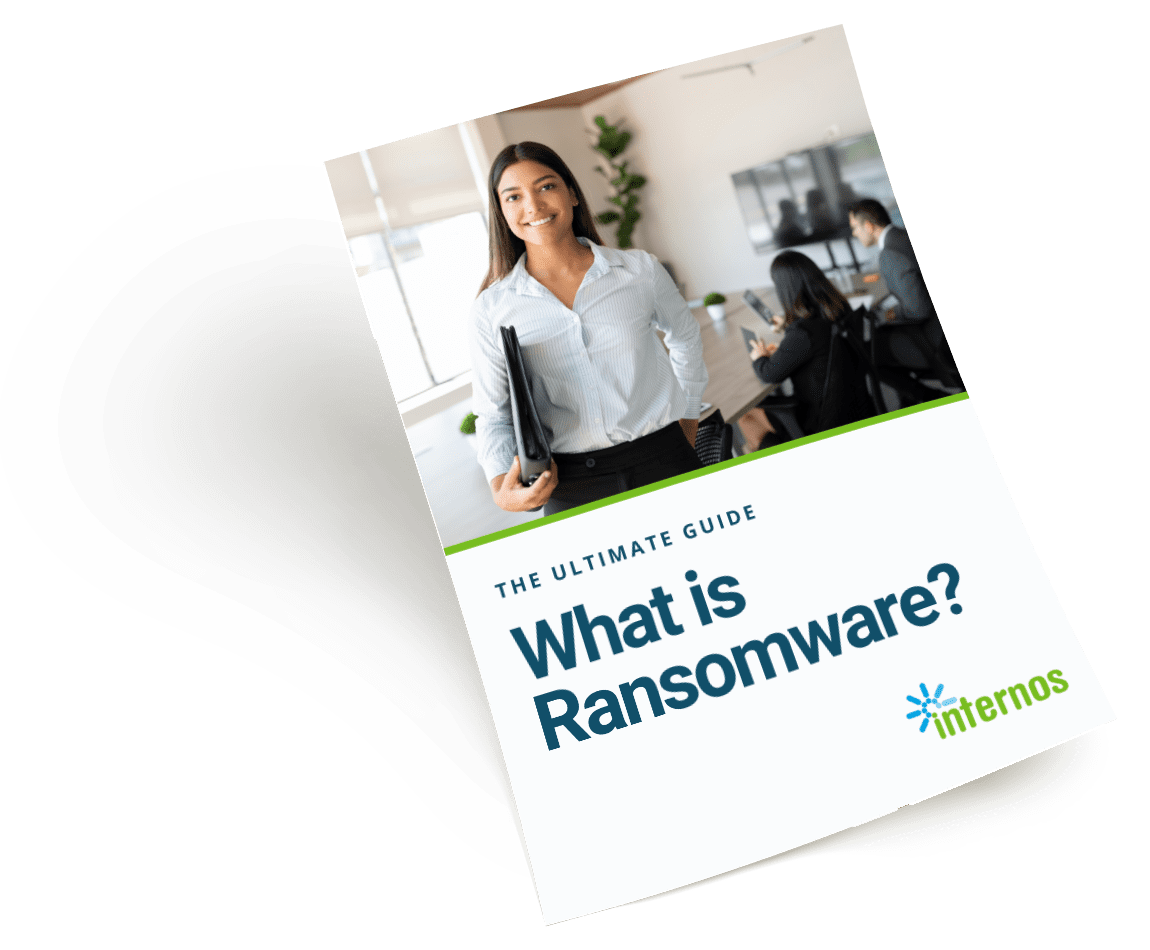
You’ve heard the warnings: You need to protect yourself online! There are criminals out there every day trying to get your bank login or your Social Security number! But, do you know how to protect our privacy online? There is one sneaky way cybercriminals are getting access to your sensitive data: browser extensions.
As productivity and efficiency tools, extensions are extremely tempting. Who wants to see a million ads when they are looking for information? Or who has trouble remembering every password they’ve created?
Browser extensions are easy to install. They add customization options and a generally better user experience on the browser. However, the ease and allure of easy extensions pose a major privacy concern.
While a majority of browser extensions like ad blockers or password managers are safe to use, you want to be careful. When it comes to cybersecurity, not all browser extensions are created equal.
How to Protect Your Privacy Online
Unsure on how to protect your privacy online when it comes to browser extensions? Here are a few different things to keep in mind when downloading or reviewing browser extensions.
Watch Out for Shady Permissions
When installing browser extensions, we generally just accept whatever permissions the extension needs. Want to see my keystrokes? Sure, as long as you actually block those ads. Need access to my browsing history? Go ahead, as long as you correct my grammar.
While it may seem legitimate, allowing extensions with shady permissions unlocks the door to your privacy. This can lead to your personal data being used in unforeseen ways.
How to protect your online privacy tip: Make sure the browser extension is only asking for permissions it truly needs and not anything extra.
Choose “Brand Name” Extensions
While your extension may look like your friendly neighborhood extension, there can be malicious code inside waiting to take your sensitive data.
This makes it hard to trust the good guys. How do you choose a trusted browser extension that says what it is going to do and doesn’t watch your every move online?
How to protect your online privacy tip: Only download browser extensions from your browser’s designated store. They often have very strict privacy and security standards that every app needs to adhere to.
Update Regularly
Most software updates include security patches and upgrades. The developer is constantly monitoring the extension’s vulnerabilities and the threat landscape and pushes out updates to keep you safe.
Even extensions from a safe developer can become a breeding ground for hackers trying to chip away at your privacy online. Extensions that are no longer updated can contain a host of vulnerabilities. Hackers leverage those vulnerabilities to gain access to your browser and potentially your entire device’s ecosystem.
How to protect your privacy online tip: Regularly update your browser, extensions and any other software to ensure you remain safe. Secondly, uninstall any extensions that are no longer being regularly updated and find alternatives if necessary.
Watch for Phishing
You may think phishing only happens through emails and text messages, but browser extensions can be nefarious, too. By using phishing and social engineering, malicious extensions can access your private data. They trick you into giving up your username and password, or track your keystrokes to figure these out.
How to protect your privacy online tip: Be wary of links and logins. Always double-check the link you are using to log in to make sure it is legitimate.
Browse Safely With Secure Extensions
While this might make it seem like all browser extensions are unsafe (they aren’t) it is important to be aware of the potential risks. If you are unsure of how to protect your privacy online or would like more cybersecurity advice, book a meeting with us to discuss your needs.

